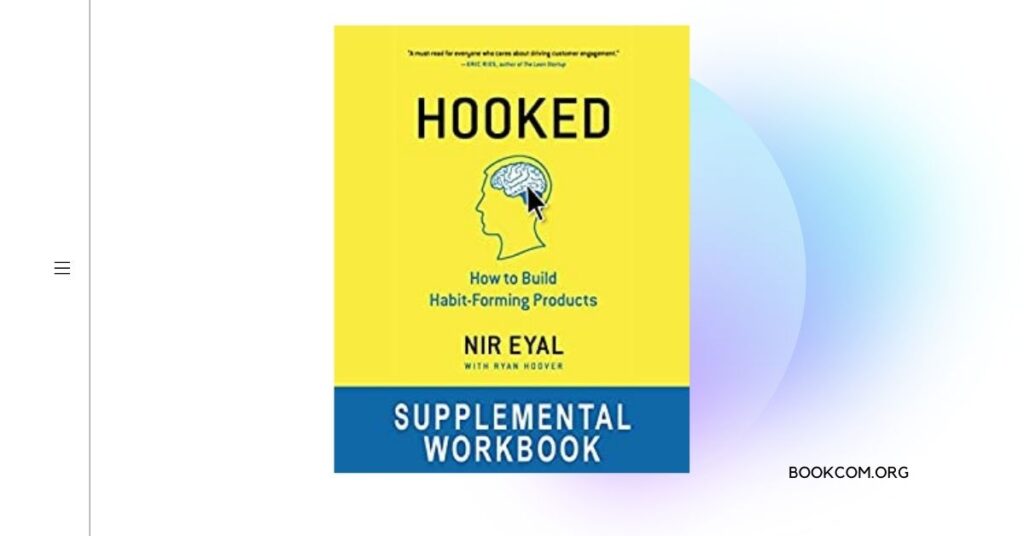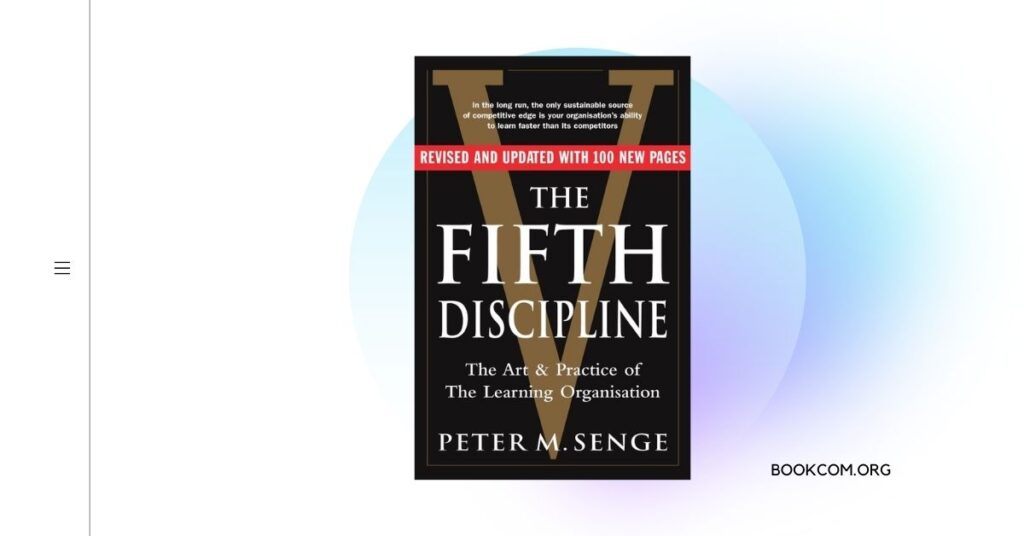“The Lean Startup” has emerged as a revolutionary approach to entrepreneurship, transforming the way businesses are built and products are launched. This new methodology, popularized by Eric Ries, emphasizes a lean and agile mindset that encourages rapid experimentation, customer validation, and continuous improvement. In this article, we will explore five key lessons from “The Lean Startup” that can empower entrepreneurs and businesses to thrive in today’s dynamic market landscape.
Embrace a Culture of Innovation:
“The Lean Startup” encourages businesses to foster a culture of innovation, where experimentation and learning are valued. By creating an environment that promotes risk-taking and encourages employees to generate and test new ideas, companies can stay ahead of the competition. Embracing a culture of innovation allows businesses to adapt quickly, seize opportunities, and drive continuous growth.
Validate Your Assumptions:
One of the fundamental principles of “The Lean Startup” is the importance of validating assumptions through customer feedback. Rather than relying solely on internal opinions, entrepreneurs are encouraged to engage with potential customers early in the product development process. This customer-centric approach enables businesses to gather valuable insights, validate assumptions, and refine their offerings to meet customer needs effectively.
Iterate and Pivot:
“The Lean Startup” emphasizes the iterative nature of product development. Instead of investing substantial resources into building a complete product upfront, entrepreneurs are advised to create minimum viable products (MVPs) and gather feedback from early adopters. This iterative process enables businesses to learn from customer interactions, identify areas for improvement, and pivot their strategies if necessary. By embracing iteration and pivoting, companies can maximize their chances of success while minimizing wasted resources.
Measure What Matters:
To effectively track progress and make data-driven decisions, “The Lean Startup” advocates for the use of actionable metrics. Rather than focusing on vanity metrics that may not directly contribute to business success, entrepreneurs should identify key metrics that align with their goals and provide actionable insights. By measuring what truly matters, businesses can evaluate their progress, make informed decisions, and allocate resources efficiently.
Foster Continuous Learning:
“The Lean Startup” promotes a culture of continuous learning and improvement. Entrepreneurs are encouraged to view failures and setbacks as learning opportunities. By embracing a mindset of continuous learning, businesses can quickly adapt, iterate, and refine their strategies based on real-world feedback. This approach not only increases the likelihood of success but also empowers teams to become more resilient, agile, and innovative.
“The Lean Startup” has introduced a paradigm shift in the way companies are built and products are launched. By embracing its principles and lessons, entrepreneurs and businesses can position themselves for long-term success in today’s rapidly evolving business landscape. From fostering a culture of innovation to embracing customer validation and iterative development, the lessons from “The Lean Startup” provide a roadmap for building successful and sustainable businesses.
Remember, the key lies in adopting a mindset that embraces experimentation, customer-centricity, and continuous learning. By applying these principles, entrepreneurs can navigate uncertainty, seize opportunities, and drive innovation in an ever-changing market. “The Lean Startup” is not just a methodology; it’s a mindset that can transform the way you approach entrepreneurship and pave the way for long-term success.



